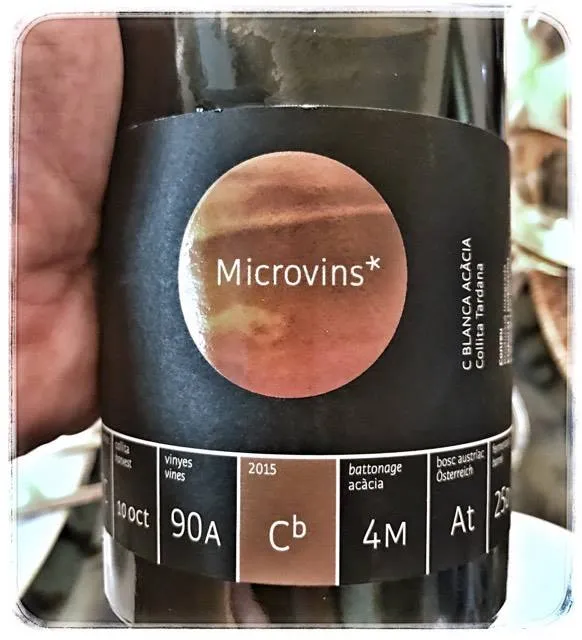
Demetri explores the Peloponnese Part 1
By Demetri Walters MW
I have long possessed a desire to visit the Peloponnese and to understand its wines better. This is the very heartland of ancient Mycenae and the greater part of the story of classical Greece. When driving from Athens one soon sees the famous acropoli of Nafplio, Corinth, Megara, Argos, Tiryns, Nemea and so many more besides. They’re astonishingly close together; reminding us that the various polities and city states were supporting minute populations by today’s standards. This individuality of the Greek achievement is still very much a part of the fabric of the Peloponnese, particularly when it comes to the wines. These then are unique wines with a rooted sense of place. I wanted to find out more about them and to determine how authentic they are.
Subscribe to Continue Reading
This premium blog post is restricted. Subscribe to get access to all blog posts and unlock our complete library of Greek wines, varieties, and expert insights.
- Email updates (1–2 / month)
- Access to free posts
- Special subscription offers
Aficionado
For enthusiasts and trade professionals who want full article access
Subscribe Now- Full access to all subscriber-only posts
- Full access to wine reviews and grape varieties sections
- Executive summaries for major features/reports
- Reliable, focused information on Greek wine, in an international voice
Aficionado Premium
For advanced readers, sommeliers & buyers needing deep documentation
Go Premium- Everything in Aficionado, plus:
- Full access to all Reports (6 to date)
- Access to approximately two new reports per year
- Executive summaries for major features/reports
- Reliable, focused information on Greek wine, in an international voice
Professional
For importers, retailers, restaurants, producers, and trade press
Get Professional- Everything in Aficionado Premium, plus:
- Publication rights for reviews and short tasting notes (up to 50 words)
- Article excerpt rights (up to 120 words, up to 3 excerpts/month)
- Priority support (email) for usage/attribution questions
- Mandatory attribution required with active link where possible
Already have an account?
Sign in here